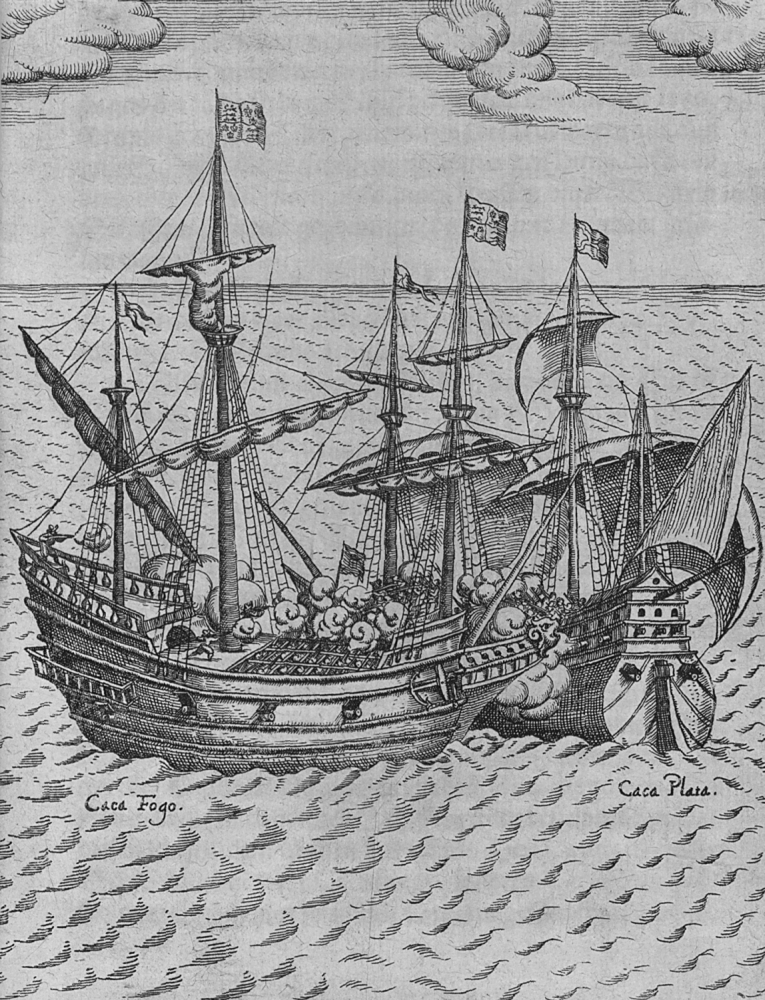After all, none of the other English pronouns—including all the other first person pronouns, like me, mine, my and myself—are capitalized, unless you happen to be God. And nor was I’s ancestor, the Old English ic, written with an uppercase letter. Even the translated equivalent of I in other languages is more often than not left in lower case, like French je, Spanish yo, Italian io, and German ich.
Speaking of German, it of course capitalizes all its nouns—like Mann and Frau, Apfel and Orange, Kapitalbuchstaben and Kleinbuchstaben—which is something that English reserves only for its proper nouns (John Smith, Australia, Paramount Pictures, the Cabinet), unless you have some kind of point-making rhetorical effect in mind (as in, “He doesn’t just think he’s the bee’s knees, he thinks he’s The Bee’s Knees”).
German does however capitalize the formal form of its second-person pronoun, Sie, “you”, along with all its derivate case forms like Ihr, “your”. This is all part of a linguistic phenomenon known as the TV Distinction, which has nothing to do with how much better than terrestrial television Netflix is, but rather the way in which some languages like to show polite respect when speaking to someone you don’t know very well or hold in superiority by altering their pronouns. It’s the same reason why French speakers will politely ask you to respondez s’il vous plaît unless they know you well in which case respondez s’il tu plaît will do. (You can work out the familiar form of or voulez-vous coucher avec moi, çe soir yourselves…)
![]()
So is this what’s happening in English? Do we think so highly of ourselves that we’ve grown accustomed to capitalizing the pronoun we use to refer to us? Some etymologists have thought so, and have theorized that there’s a latently egocentric, psychological reason behind our upper case I. But if that’s the case, why hasn’t this filtered down to the likes of me, myselfor we and ourselves? And why is it only the English who are so self-centred that we’ve capitalized ourselves while other languages have not? On second thoughts, don’t answer that.
Perhaps then there’s something more pragmatic going on: an alternative theory simply claims that because the pronoun I so frequently occurs in the first position in sentences, it’s only natural that it would eventually become capitalized. This is certainly a plausible idea, but does I really occur enough times in sentence-initial position to permanently alter its form in every other context? And why wouldn’t the same have happened to other pronouns like We or My?
Instead, the most likely explanation of how we ended up with capital I is a surprisingly practical one.
Around the time that capital-I first began to appear in English texts—in the Middle English period, roughly 700-800 years ago, so that Chaucer’s Canterbury Tales provides much of the early evidence—there was also a phonological shift taking place in the language. In many dialects of English, the Old English word for I (icor ich) had largely been reduced to a single “i” sound, making the Cs and Hs usually added to it no longer necessary. In written English, however, a single lowercase letter i (especially when written without its dot) looks a little lost on its own, and in a densely handwritten document you can imagine just how easily a solitary pintsized stroke, even with or without its dot, might be misread, overlooked, or even dismissed as a smudge or dash. As a result, early Middle English scribes began making their single letter Is a little bigger, so that they could stand a little prouder and little more robust on the line of text—and over time, that gave us the pronoun capital I.
This theory neatly accounts for why this change hasn’t affected the other personal pronouns in English, and, moreover, why the indefinite article a, another commonly used single-character word, is not capitalized as it’s lowercase form is considerably more noticeable than a single i.












